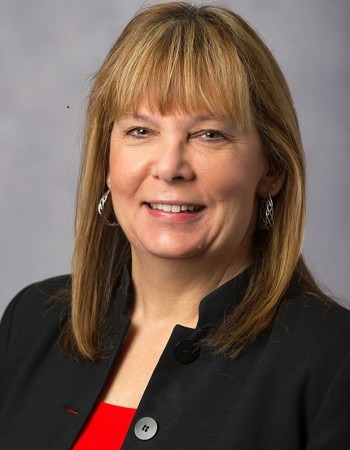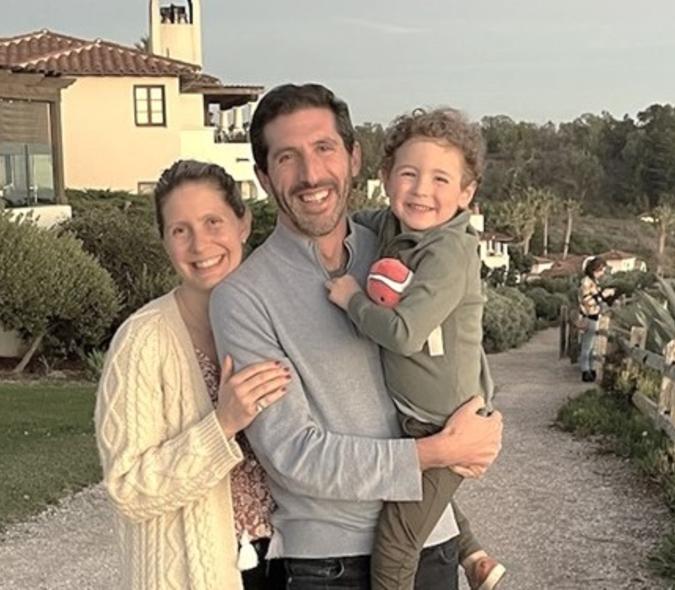
Department mentor helps build her mentees’ professional identities
As a mentor, Department of Psychiatry and Behavioral Sciences Assistant Professor Richelle Moen, PhD, helps her learners and young faculty members develop practical and achievable goals. With almost 30 years of experience behind her, Moen imparts wisdom about systems thinking and whatever areas in which her mentees want to develop.
She stresses, “It’s not therapy, but it does require the same kind of mutual respect and trust.” Moen’s mentoring style includes setting clear expectations and nurturing two-way communications. “I learn a lot from them,” she said. While the COVID-19 pandemic curtailed more informal, spontaneous mentoring opportunities, Moen is in the office now three days a week and is in the process of reconnecting to that aspect of the process.
Formal needs assessment
In 2019, she introduced a more formal needs assessment to help her mentees think through their mentoring needs in areas such as professional development, emotional support, intellectual community, role modeling, and accountability. “I also connect my mentees to those in areas in which I might not be strong,” said Moen.
One of the biggest mistakes a mentor can make, according to Moen, is being authoritarian and telling mentees they must do things a certain way. “It is important to guide and suggest,” she said. “Also, to be careful about making assumptions regarding what your mentees need. Incorporating the needs assessment has been helpful in that context.”
Referring to others

She strongly encourages her mentees, in fact, to talk with others — especially new faculty. “For example, research isn’t a big area for me,” said Moen (pictured here), so she refers her mentees to various researchers inside and outside the department. In addition, she coordinates all the psychotherapy training and has community psychiatry contacts. “So, if someone is interested in private practice, I can connect them to those colleagues,” said Moen. “I also ask my contacts in that area to come in to teach.”
Mentoring helps build her mentees’ professional identity – moving them toward how they picture themselves in their career and what they want to be known for. “When I came to the department, we didn’t have a clearly defined concept of mentorship,” said Moen. “Our Department Head, Dr. Sophia Vinogradov, has made the process more systematic. It enables young faculty members to speak up for what they want.”
World shift
As a psychologist working in a psychiatry department, Moen has seen the formality of the relationship between psychologists and psychiatrists change over time. “Our world shifted when we started focusing on interdisciplinary learning,” she said. “And there is more vulnerability. Residents and other mentees have been willing to talk more about things like work-life balance. It has helped us make sure everyone is taken care of.”
Teaching is a form of mentoring for Moen and she is working on a bigger stage to do it. She serves on an American Association of Training Directors national committee on psychotherapy and created a subcommittee with five psychiatrists on Family-Oriented Care. “I saw a need to focus on incorporating families in the care of our patients,” she said. “At that point, we needed to teach psychiatry residents more about family intervention skills and a clear understanding of family dynamics. For the past five years, we’ve been doing so. That’s a type of mentoring – seeing how I can help the discipline of psychiatry move on a larger scale … how I can help the system better meet the needs of our patients and learners.”



